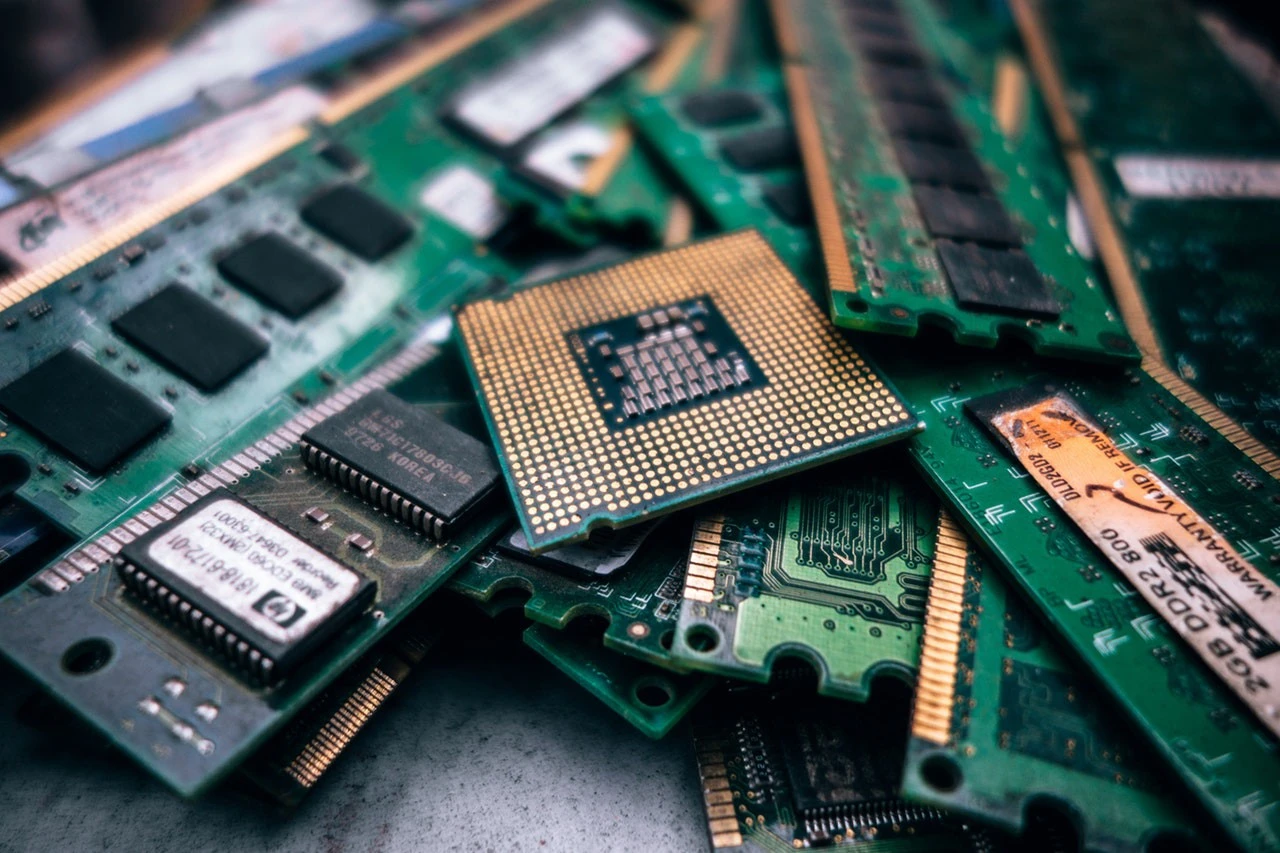
What Is IT Recycling, And Why Is It Important?
Technology moves fast, and businesses are constantly upgrading their computers, servers, and networking devices to keep up. But what happens to all the outdated equipment once it’s no longer useful? This is where IT recycling comes into play. Proper disposal and recycling of IT assets is no longer optional—it’s a critical part of responsible business operations.
In this article, we’ll break down what IT recycling is, why it matters, and how an experienced IT recycling company can help you protect data, save money, and support sustainability goals.
Understanding IT Recycling
IT recycling is the process of collecting, dismantling, and processing old IT equipment—like computers, laptops, servers, and other electronics—so that valuable components can be reused, and hazardous materials can be safely disposed of. Unlike simply throwing away devices, IT recycling ensures that sensitive data is securely erased and that recyclable parts re-enter the supply chain.
A professional IT recycling company will handle everything from pickup to final processing. They often include services like data destruction, refurbishment, and certified reporting, which give businesses peace of mind that their IT assets are handled responsibly.
Why IT Recycling Matters
IT recycling is not just good practice—it is essential for several reasons that impact your business, your community, and the environment.
1. Protecting Sensitive Data
Every old computer, hard drive, or server contains data, even if you think it has been deleted. Failing to wipe this data can lead to breaches, identity theft, or compliance violations. A certified IT recycling provider uses advanced data destruction methods, such as DoD-compliant wiping or physical shredding, to guarantee that no one can retrieve your information.
When you work with a trusted partner like IT Recycling Solution, LLC, you receive documentation that proves your data has been securely destroyed—an essential step for businesses in regulated industries.
2. Reducing Environmental Impact
Electronics contain materials like lead, mercury, and cadmium, which are harmful to soil and water if dumped in a landfill. IT recycling helps divert e-waste from landfills and keeps toxic substances out of the environment.
Additionally, recycling recovers valuable metals such as copper, gold, and aluminum, which can be reused in new devices. This reduces the need for mining raw materials, conserving natural resources and lowering greenhouse gas emissions.
3. Supporting the Circular Economy
The concept of a circular economy focuses on keeping products and materials in use for as long as possible. By refurbishing and reusing IT equipment where possible, we extend its lifecycle and create opportunities for schools, nonprofits, and small businesses to access affordable technology.
Choosing an IT recycling company that prioritizes refurbishment is an excellent way to reduce waste while helping others benefit from still-functional technology.
The Business Case for IT Recycling
Some business owners hesitate to invest in IT recycling because they assume it will be expensive. In reality, proper IT asset disposition can save money and reduce risk.
- Compliance and Risk Reduction: Many industries are required to follow strict data protection laws such as HIPAA, GDPR, or PCI-DSS. Partnering with a certified IT recycling provider helps avoid costly fines.
- Cost Recovery: Some IT assets retain resale value. Your provider may offer a buyback program or asset remarketing service, which allows you to recover part of your investment.
- Brand Reputation: Consumers care about sustainability. Publicly committing to responsible IT recycling can boost your corporate image and demonstrate social responsibility.
How to Choose the Right IT Recycling Company
Not all IT recycling services are the same. When selecting a partner, look for these key factors:
- Certifications: Choose a provider with recognized certifications such as R2, e-Stewards, or ISO standards, which ensure responsible recycling practices.
- Data Security: Ask about their data destruction process and whether they provide certificates of destruction.
- Transparency: A reputable company will give you detailed reports showing what happens to your equipment.
- Convenience: Consider whether they offer pickup services, asset tracking, and flexible scheduling to minimize disruption to your operations.
Working with a trusted partner like IT Recycling Solution, LLC ensures that you meet all compliance standards while protecting the environment and your bottom line.
Taking Action Today
The longer unused IT equipment sits in storage, the greater the risk of data theft, environmental harm, and wasted value. By acting now and partnering with an experienced IT recycling company, you can turn your old technology into an asset instead of a liability.
Whether you are a small business upgrading laptops or a large enterprise replacing entire server rooms, IT recycling is an important step in your IT asset management plan. It protects your data, supports sustainability, and demonstrates that your business takes responsibility for its digital footprint.
Final Thoughts
IT recycling is no longer just a nice-to-have—it’s a critical practice for modern organizations. From data protection to environmental stewardship, the benefits are clear. Partner with professionals who make the process seamless and secure.
When you choose a trusted name like IT Recycling Solution, LLC, you’re not just getting rid of old devices—you’re investing in security, sustainability, and a better future.










